A compost turner machine is a specialized piece of equipment designed to mechanically turn compost piles. By flipping and mixing the organic matter, it helps maintain proper oxygen levels, moisture content, and temperature, all of which are crucial for effective microbial activity and rapid decomposition.
Compost turner machines are essential for transforming organic waste into valuable compost. Not only do they speed up the composting process, but they also ensure uniform fermentation by mixing, aerating, and maintaining optimal moisture levels. If you’re serious about sustainable waste management or organic fertilizer production, understanding the types and benefits of compost turner machines is crucial.
Choosing the right compost turner machine is crucial for efficient composting tailored to your operation’s scale and needs. Here’s a closer look at the most popular types and where they shine:
(1) Crawler Type Compost Turner
This machine moves on robust crawler tracks, providing excellent stability and traction on uneven or soft ground. The crawler type compost turner is ideal for large-scale farms and industrial composting facilities where mobility across rough terrain is necessary. Its strong build allows it to handle thick, high-moisture compost piles efficiently, turning them thoroughly for rapid decomposition.
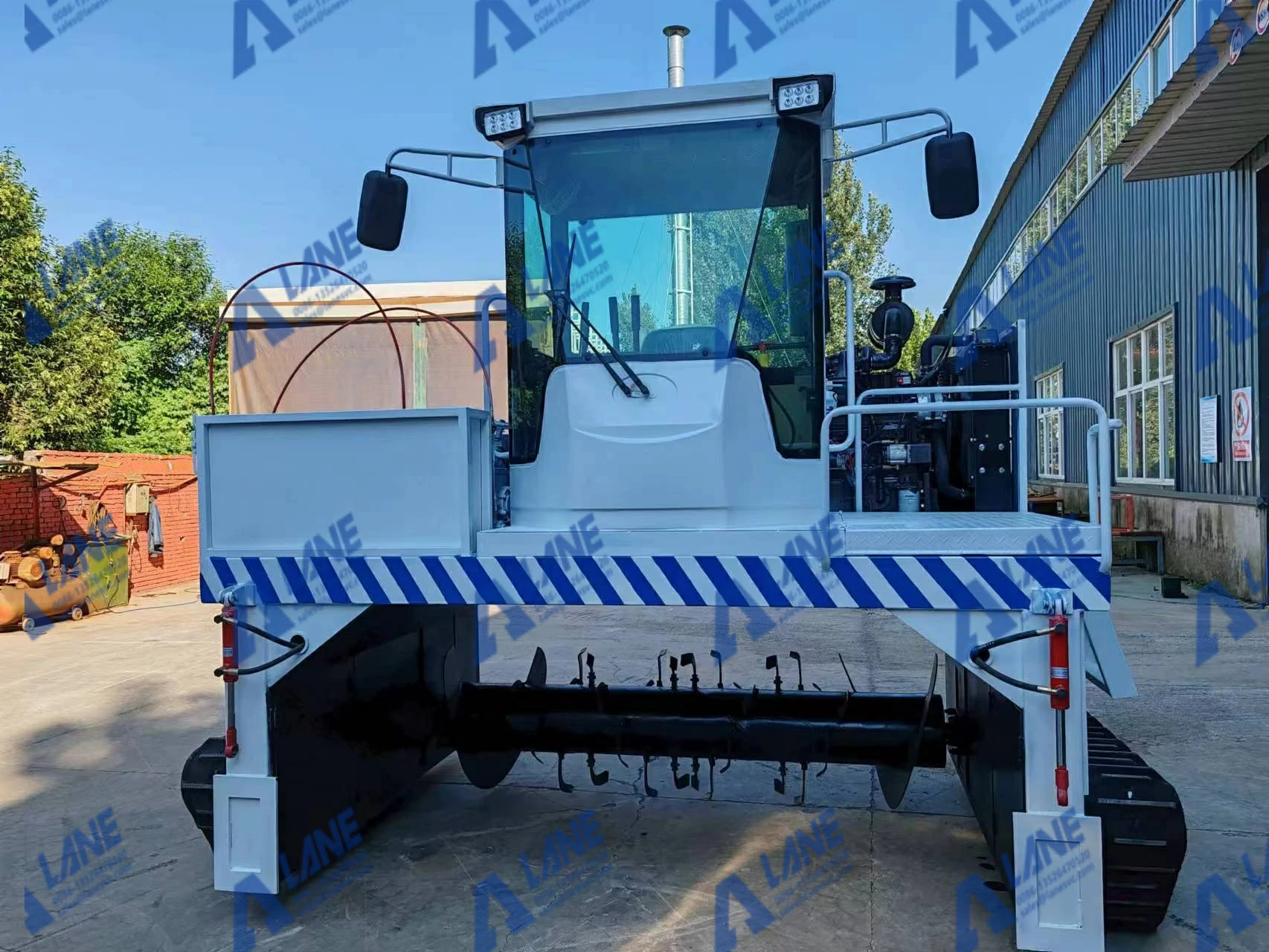
(2) Remote Control Crawler Compost Turner
An innovative twist on the crawler type, this model features remote control operation for enhanced safety and convenience. The remote control crawler compost turner lets operators manage compost turning from a distance, minimizing labor risks and increasing precision. This is especially useful in hazardous or hard-to-access composting sites.
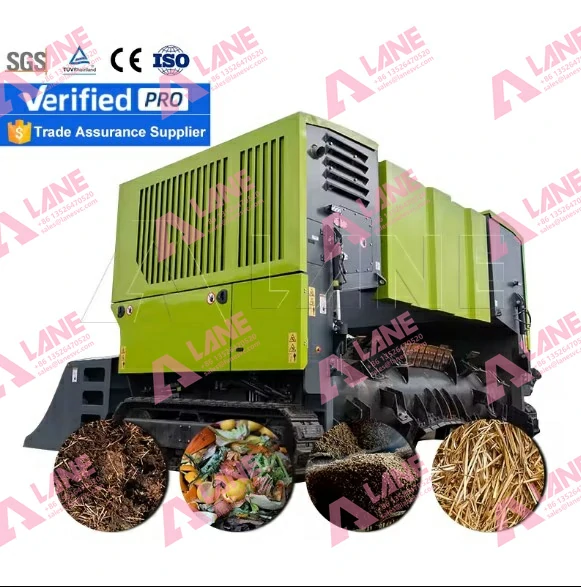
(3) Groove Type Compost Turner
Designed specifically for composting in narrow trenches or grooves, the groove type compost turner is perfect for space-limited environments such as urban farms or municipal waste processing centers. It maximizes composting capacity without requiring large open areas by efficiently turning material within confined spaces.
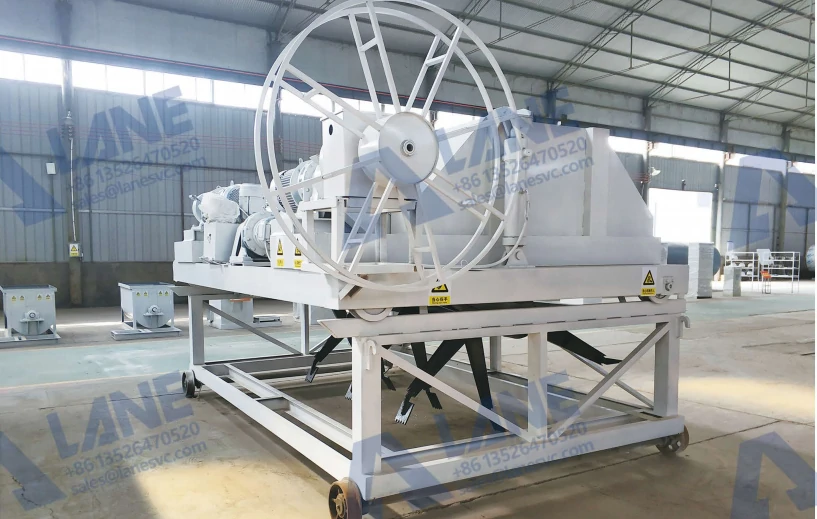
The wheeled compost turner operates on tires, offering good mobility on firm, flat surfaces. This type is favored by medium-sized farms and facilities where compost piles are arranged in windrows on solid ground. Its simpler design makes it easy to operate and maintain while delivering consistent aeration and mixing.
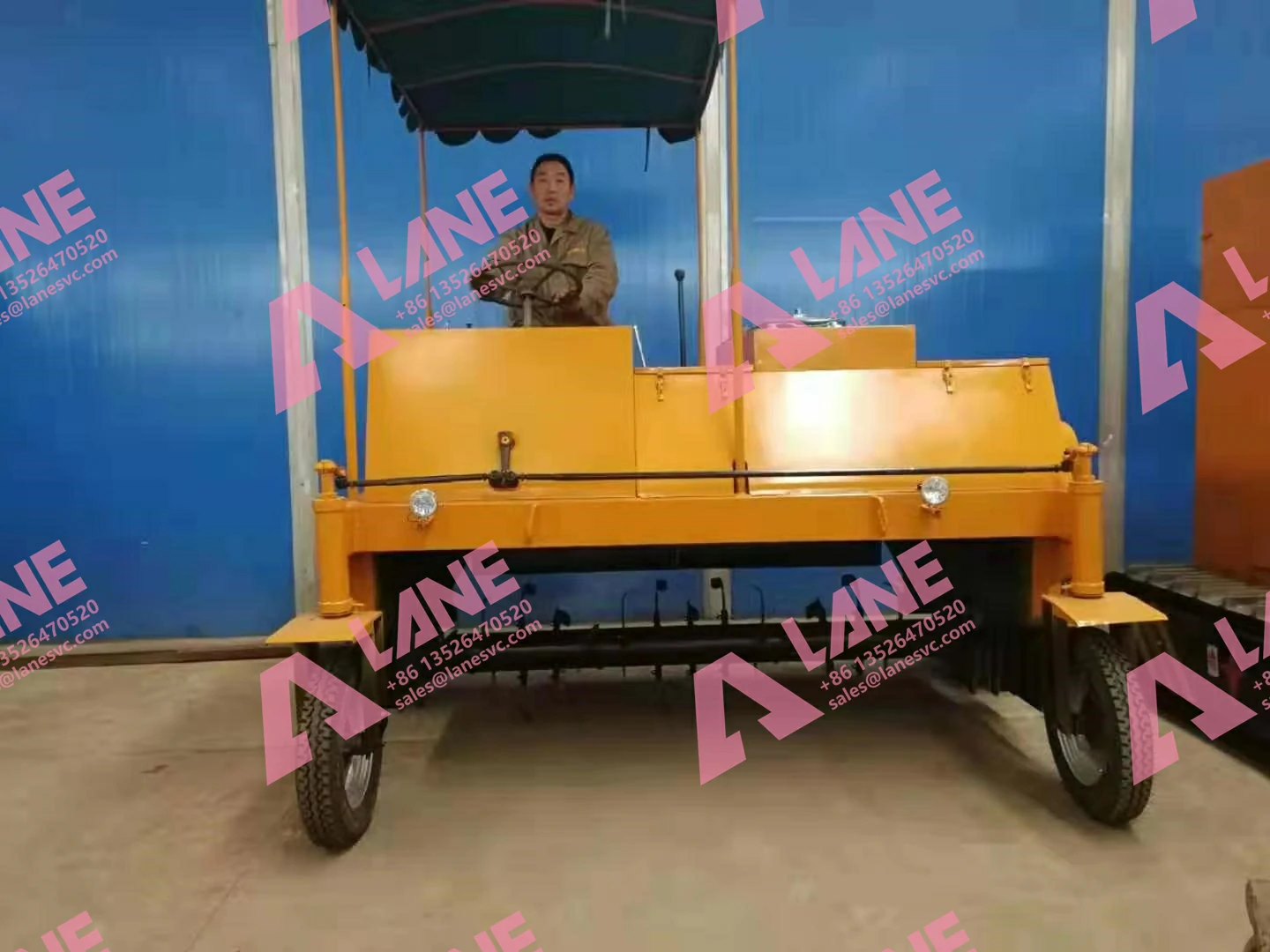
(5) Chain Plate Type Compost Turner
Built for heavy-duty composting, the chain plate type compost turner uses a chain-driven system to turn and crush dense organic matter. It excels in industrial settings where tough materials like livestock manure and crop residues require thorough breakdown. This machine ensures uniform fermentation and speeds up the composting cycle.
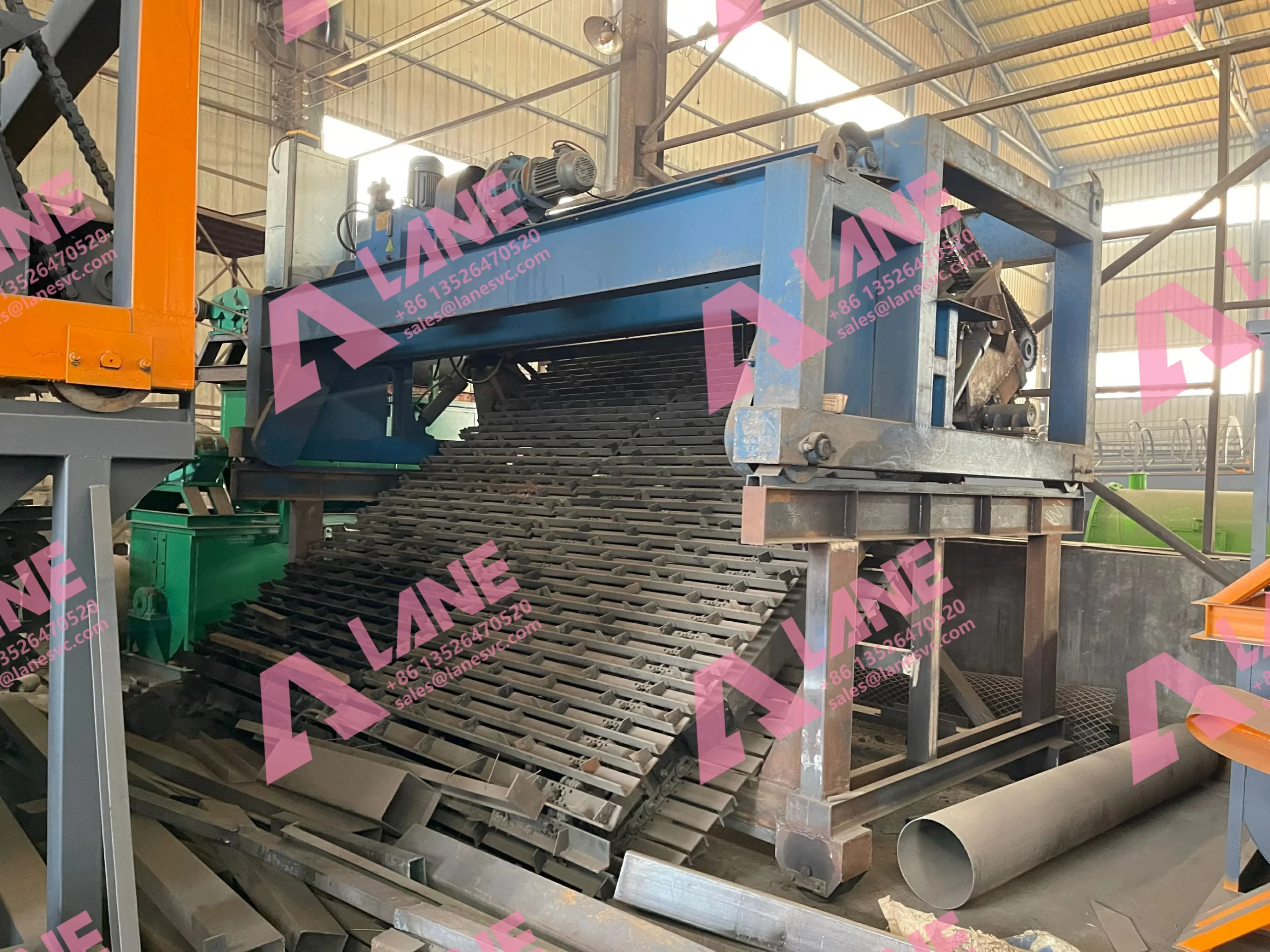
The Role of a Compost Turner Machine in Composting Process
By mechanically turning compost piles, these machines:
Improve oxygen penetration, preventing anaerobic conditions that slow decomposition and cause odors.
Help regulate temperature, creating an ideal environment for microorganisms to thrive.
Promote moisture balance by mixing wet and dry materials evenly.
Reduce composting time significantly compared to manual turning.
LANE offers a comprehensive line of compost turners designed for durability, efficiency, and ease of operation. Our compost turners utilize high-strength materials and advanced engineering to ensure a long service life with minimal maintenance costs. LANE offers a wide range of models suitable for small farms to large industrial operations, and can customize solutions to meet diverse needs.In Southeast Asia, a large-scale organic fertilizer manufacturer installed LANE’s crawler-type compost turner to improve their fermentation process. Prior to the upgrade, manual turning slowed production and caused inconsistent compost quality. After implementation, the plant increased composting speed by 30%, reduced labor costs, and consistently produced nutrient-rich compost that boosted crop yields for their clients.
Frequently Asked Questions (FAQ)
Q1: How often should a compost pile be turned?
Typically, turning every 5 to 7 days helps maintain ideal aerobic conditions, but frequency can vary based on material type and weather.
Q2: Can a compost turner machine handle wet materials?
Yes, especially semi-wet and crawler-type compost turners are designed to manage varying moisture levels without clogging.
Q3: What size compost turner should I choose?
It depends on your operation scale. Small farms might opt for groove or smaller windrow compost turners, while large facilities benefit from crawler or chain plate models.
A compost turner machine is more than just equipment—it’s a vital tool that significantly enhances the efficiency and quality of the composting process. By improving aeration, temperature control, and moisture balance, these machines accelerate decomposition and produce nutrient-rich compost faster. Investing in a reliable and well-designed compost turner not only reduces labor costs but also supports sustainable waste management and organic fertilizer production. With LANE’s range of advanced and durable compost turners, you can optimize your composting operations, boost productivity, and contribute to greener agricultural practices with confidence and ease.
For more details, please feel free to contact us.
Henan Lane Heavy Industry Machinery Technology Co., Ltd.
Email: sales@lanesvc.com
Contact number: +86 13526470520
Whatsapp: +86 13526470520